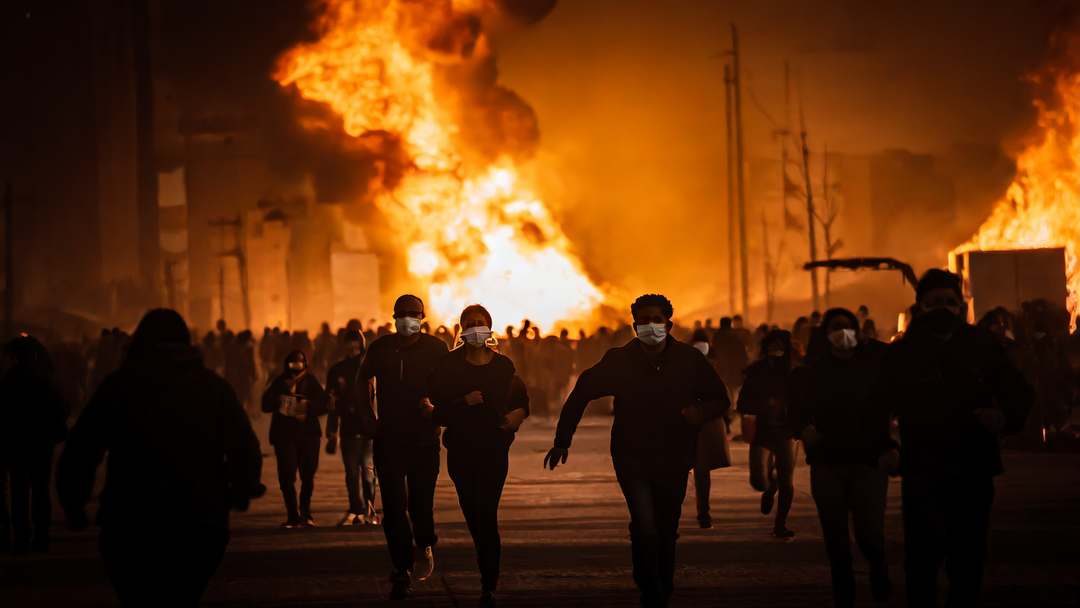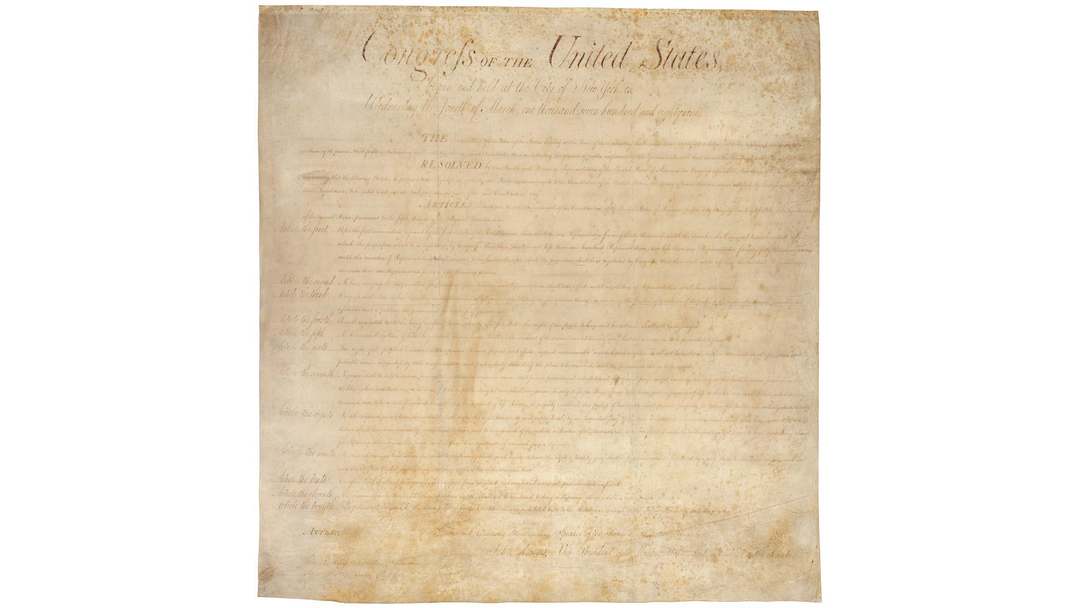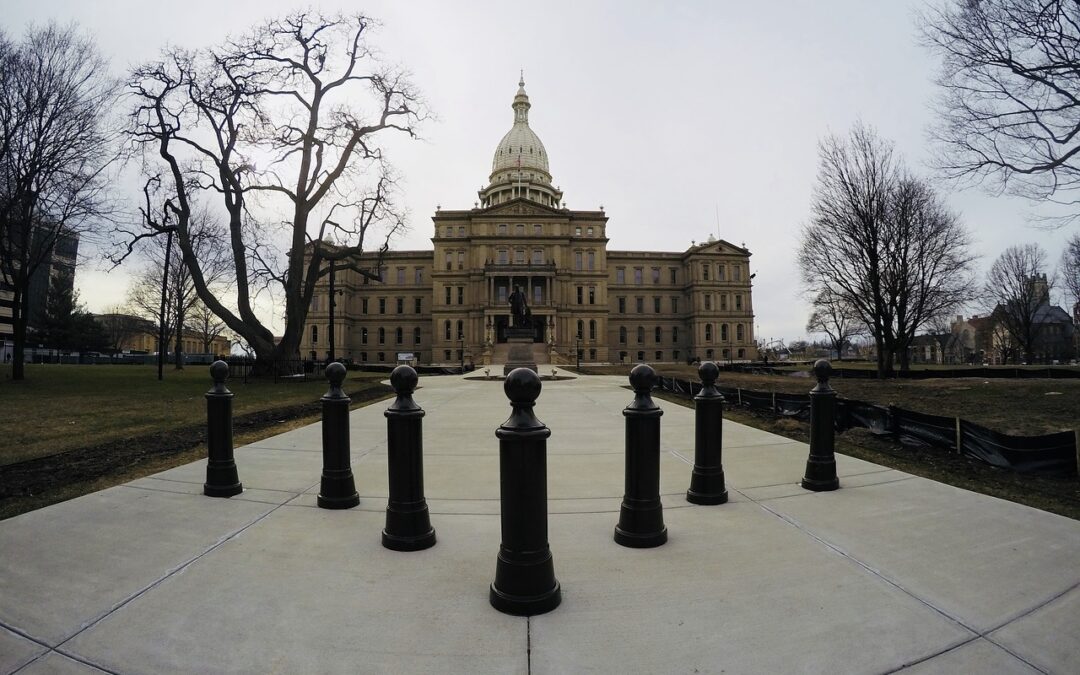No Results Found
The page you requested could not be found. Try refining your search, or use the navigation above to locate the post.

The Detroit Public Schools Community District has observed a substantial rise in the use of marijuana edibles and vape pens within schools. In light of this concerning trend, the district is appealing to local, state, and federal leaders to promptly implement a policy addressing this issue.
In an email sent on Thursday, Superintendent Nikolai Vitti reports a significant increase in drug-related incidents within the district. Between 2019 and 2021, there were 289 recorded incidents. However, the number has surged to 1,735 between 2021 and 2023, emphasizing the urgent need for attention and immediate action to address this concerning issue.
The email reportedly reached ot to Gov. Gretchen Whitmer, Detroit Mayor Mike Duggan, city council members, and Senators Gary Peters and Debbie Stabenow.

Criminal sexual conduct (CSC) in Michigan refers to a range of sexual offenses that vary in severity based on factors like the nature of the act, the age of the victim, and whether force or coercion was involved.
Michigan law categorizes CSC into four degrees:
First-degree CSC involves sexual penetration and occurs in cases such as those involving minors under 13, victims incapacitated or helpless, or acts involving force or coercion. It is the most serious and can result in life imprisonment.
Second-degree CSC involves sexual contact, rather than penetration, under similar circumstances as CSC I, carrying penalties of up to 15 years in prison.
Third-degree CSC involves sexual penetration through force, coercion, or with victims aged 13-16, punishable by up to 15 years in prison.
Fourth-degree CSC involves sexual contact through force, coercion, or with minors aged 13-16, and is a misdemeanor punishable by up to 2 years in prison.
But wait there’s more… There is more than just the threat of jail time that comes with these charges. There’s also different types and definitions such as CSC consent, false accusations, legal defense strategies and more. See links below.
The page you requested could not be found. Try refining your search, or use the navigation above to locate the post.
Note: This article provides a general overview and does not substitute for legal advice. Anyone charged with a CSC offense should consult an attorney for specific legal guidance.

A bill enacted into California law in 2024 prohibits employers from discriminating against individuals based on their off-duty and off-site use of cannabis, as it relates to their employment. The bill provides an extra level of safeguard for marijuana users in...

Understanding the Process and Rules of Impeachment in MichiganMichigan's history with impeachment is relatively short, with the first and only instance occurring in 1975 against Governor William Milliken. However, the process outlined in the state's constitution and...

Understanding Michigan's Riot Laws and PenaltiesIn any society, maintaining peace and order is paramount. Michigan, like other states, has specific laws in place to address situations of public unrest and violence. To understand the legal framework and potential...

Court rules, Illegal marijuana grow of any size only a misdemeanor in Michigan.Past defendants may have grounds to fight their prior convictions.Since the act's passage in 2018, the outdated 1978 law has led to the charging and conviction of over 3,500 individuals, as...

This information was taken from archives.gov. One should assume it is factual... but assuming information is a fact is a perilous assumption. Here is what you paid for... Transcription of the 1789 Joint Resolution of Congress Proposing 12 Amendments to the U.S....

Michigan's Freedom to Work Law Dies in 2024In February, Michigan's right-to-work law will be repealed, marking a significant milestone as the state becomes the first in decades to overturn a union-restricting law known as "right-to-work," which was enacted over a...

States nationwide will welcome the upcoming year with the implementation of laws tackling crucial matters such as gun violence, book bans, and the introduction of gender-neutral toy sections. These legislative advancements are set to take effect throughout 2024,...

Michigan teens can pre-register to vote With the next election season, Michigan Democrats passed a new law that allows 16-year-old high school students in the state to pre-register to vote. "Michigan led the nation in youth voter turnout in the 2022 elections and we...

In a landmark case that underscores the evolving landscape of cannabis regulation and taxation in agricultural contexts, HRP Cassopolis, LLC v LaGrange Township Assessor in Cass County, Michigan, has set a precedent that significantly benefits cannabis farming operations.
The case not only highlights the challenges faced by cannabis cultivators but also emphasizes the importance of legal clarity in defining cannabis cultivation as an agricultural activity.
At the heart of the matter is the interpretation of Michigan’s tax laws, particularly MCL 211.34c(2)(a), which outlines the criteria for classifying a property as an agricultural operation for property tax purposes.
The statute defines an agricultural operation as land “used for agricultural purposes, including, but not limited to, the production of field crops, livestock, poultry, fruit, and nursery stock.”
Historically, the Michigan State Tax Commission has argued that growing cannabis does not fall within the scope of agricultural operations under this statute.
HRP Cassopolis, LLC, a cannabis cultivation facility, challenged this interpretation, asserting that their activities align with the definition of agriculture outlined in MCL 211.34c(2)(a). The crux of their argument rested on the premise that cannabis cultivation involves the production of a crop, akin to other agricultural endeavors like growing fruits or vegetables.
In the initial proceedings, the Michigan State Tax Commission contended that cannabis cultivation should not be considered agricultural because it is federally illegal and does not have the same historical precedent as traditional agricultural practices. However, HRP Cassopolis, LLC countered by highlighting the state’s legalization of medical and recreational cannabis, arguing that its cultivation should be treated similarly to other lawful agricultural activities.
The case went through several stages of appeals, with each level of the judicial system scrutinizing the interpretation of Michigan’s tax laws in the context of cannabis cultivation.
Ultimately, the Michigan Court of Appeals ruled in favor of HRP Cassopolis, LLC, asserting that cannabis farming qualifies as an agricultural operation under MCL 211.34c(2)(a).
The court’s decision represents a significant victory for cannabis farmers in Michigan. By officially recognizing cannabis cultivation as agriculture, the ruling provides these businesses with access to important tax benefits and protections afforded to traditional agricultural operations. This includes favorable property tax assessments, which are crucial for the economic viability of cannabis farms in the state.
Moreover, the ruling brings much-needed clarity to the legal status of cannabis farming in Michigan. As the cannabis industry continues to grow and evolve, establishing clear guidelines for regulatory and tax purposes is essential for ensuring compliance and facilitating the industry’s responsible expansion.
HRP Cassopolis, LLC v LaGrange Township Assessor marks a pivotal moment for cannabis farming in Michigan. By affirming that cannabis cultivation qualifies as agriculture under state tax laws, the ruling not only benefits cannabis businesses but also contributes to the normalization and legitimization of the cannabis industry as a whole.
Moving forward, it is essential for policymakers to continue refining and updating regulations to support the growth of this burgeoning sector while ensuring accountability and responsible stewardship of agricultural resources.
DUI Charges?
Sometimes it’s cheaper in the long run to fight them
Call to Fight for your Rights (248) 357-2550

On May 6, 2024, the DEA made a groundbreaking decision, accepting the US Department of Health and Human Services’ recommendation to reclassify marijuana from Schedule I to Schedule III controlled substance. This move marks a significant shift in federal drug policy, potentially altering the legal framework surrounding cannabis cultivation, distribution, and use.
Reclassification from Schedule I to Schedule III places marijuana alongside substances like acetaminophen with codeine, ketamine, and testosterone, removing it from the category that includes heroin, LSD, and ecstasy. While federal legalization isn’t on the table, this reclassification acknowledges marijuana’s accepted medical use and low potential for abuse.
However, this change doesn’t impact state marijuana laws in the 24 states, two territories, and Washington D.C. that have legalized adult recreational use or the 38 states permitting medical cannabis. But it does offer substantial tax breaks for businesses involved in marijuana production and sales. Under the current Internal Revenue Code, businesses selling Schedule I substances can’t deduct business expenses, but reclassification would allow for significant tax savings, potentially reaching hundreds of thousands or even millions of dollars.
Moreover, reclassification opens doors for cannabis companies to access major stock exchanges, attracting investment capital for further growth. Yet, it doesn’t address banking industry challenges. Federal illegality prohibits cannabis businesses from utilizing deposit accounts and other financial services, leaving many operating solely in cash due to banks’ reluctance to engage with them.
Despite reclassification, cannabis remains illegal under federal law, leading to financial service limitations and unresolved conflicts between state and federal laws. For instance, Michigan legalized recreational marijuana, but employers still hold the right to refuse employment or discharge individuals for violating workplace drug policies, unaffected by federal reclassification.
“I guess reclassification to a three is a good start. It’s better than a one” said Attorney Michael Komorn
The shift to Schedule III also raises regulatory concerns, potentially subjecting medical marijuana to increased FDA oversight, affecting licensing and distribution protocols. However, it doesn’t resolve issues like lack of bankruptcy protection or federal trademark registrations for state cannabis companies.
Cannabis businesses remain ineligible for federal bankruptcy protection due to their violation of the Controlled Substances Act, a hurdle unaffected by rescheduling. Likewise, federal trademark registrations are unavailable due to cannabis’ federal illegality, leaving companies vulnerable to trademark infringement and legal disputes.
While reclassification signifies growing recognition of cannabis companies, its effects are pending. The proposal must undergo review by the Office of Management and Budget, followed by publication in the Federal Register and a 60-day public comment period, possibly leading to further review by an Administrative Law Judge.
The reclassification of marijuana from Schedule I to Schedule III represents a significant step towards legitimizing cannabis businesses and altering the legal landscape. However, its full impact remains uncertain, pending further regulatory and legal developments.
DUI Charges?
Sometimes it’s cheaper in the long run to fight them
Call to Fight for your Rights (248) 357-2550

Question: My Uncle has a country place that no one knows about. He says it used to be a farm before the motor law. Please provide me with the state law, act or policy that outlines the speed limits on unmarked rural roads. It is our understanding that the speed limit on an unmarked rural dirt road is 45 mph and 55 mph on an unmarked rural paved road.
Answer: MCL 257.628 of the Michigan Vehicle Code sets the statewide maximum speed limit on all unposted highways at 55 mph. Gravel roads are included in this. Gravel roads are currently excluded from the process of lowering posted speeds through a Traffic Control Order due to the changing conditions of these roads. The Basic Speed Law, MCL 257.627, adequately covers these changing conditions by requiring drivers to “drive at a careful and prudent speed not greater than nor less than is reasonable and proper, having due regard to the traffic, surface, and width of the highway and of any other condition then existing.”
Question: Under what conditions may a police officer exceed the posted speed limit?
Answer: MCL 257.632 of the Michigan Vehicle Code states that an officer may exceed the speed limit “when traveling in emergencies or in the chase or apprehension of violators of the law or of persons charged with or suspected of a violation…”
Each traffic violation has a point value, which is set by law in the Michigan Vehicle Code.
DUI Charges?
Sometimes it’s cheaper in the long run to fight them
Call to Fight for your Rights (248) 357-2550
Governor Gretchen Whitmer signed into law a bill making it illegal to manually use a cell phone or other mobile electronic device while operating a vehicle on Michigan roads. Under the law, a driver cannot hold or support a phone or other device with any part of their hands, arms, or shoulders.
Even if a cell phone or other device is mounted on your dashboard or connected to your vehicle’s built-in system, you cannot use your hands to operate it beyond a single touch.
Disclaimer: This Frequently Asked Questions page is provided solely as a means of providing basic answers to questions about the Michigan Vehicle Code and is not designed or intended to provide a basis to contest a citation for a violation of the code. The positions stated are only those of the Michigan Department of State Police and are not binding on any other law enforcement agency or any Court. If our position is supported by case law then it will be enumerated within the answer provided. Source of Information – Traffic Laws FAQ